“Art and science … things that are least important for our survival are the very things that make us human.”
And that’s a scientist talking.
Specifically, it’s one of the subjects of Mark Levinson’s improbably rousing new documentary “Particle Fever,” screening at SPACE Gallery (www.space538.org) on Tuesday. Chronicling the decades-long struggle of thousands of scientists to construct and test the Large Hadron Collider in Switzerland, the film delves compellingly into the project itself (whose scale and complexity is simply astounding), but also into the symbiotic but combative relationship between theoretical and experimental physicists, and the leading figures in each field who, through the years covered in the film, reveal a great deal about the sort of people who are drawn to such “impractical” quests for knowledge. In addition, the film performs the most impressive task of making the knowledge these great minds are pursuing (the search for proof of the theoretical “Higgs particle”) understandable to even the most scientifically-challenged viewer. (It’s me I’m talking about, in case that wasn’t clear.)
Through the animated explanations of various excited physicists throughout the film – and through judicious use of actual animation – “Particle Fever” makes clear what is at stake in the massive LHC project. By using what one scientist calls “a child’s idea of science – smash two things together and look at the pieces,” the LHC is designed to, yes, smash two particle beams together through 17 miles of tunnels, nearly at the speed of light, upon which physicists can sift through the resulting data for evidence of the Higgs particle itself. Why? Well, as one scientist states emphatically, if this theoretical particle doesn’t show up, “there’s something deeply wrong about how we understand physics.” Over the course of the film, theory is about to meet experimentation, with only the future of scientific knowledge on the line.
As fascinating as the film makes this daunting quest, and as nerve-wracking as it frames the LHC’s repeated technical problems, “Particle Fever” is most compelling as a study of those whose entire lives are consumed with the search for truths which, as the opening quote stated, have no apparent practical purpose. In addition to the hostility faced from those holding the purse strings (an abandoned, even larger Texas collider is seen being scuttled by stereotypical American politicians whose blusterous tirades can best be summed up as “I don’t know what it is, but I know America doesn’t need it!”), these men and women find themselves, as the LHC nears completion, faced with the very real possibility that every moment of their adult lives will have been in service of something now demonstrably wrong. While one scientist eloquently states that the secret of science is “jumping from failure to failure with undiminished enthusiasm,” another, older physicist explains, more heartbreakingly, “If [a particular result is true], I’ve spent 40 years on nothing.”
Some scientists in the film believe that the revelation of the Higgs particle will prove their theory that the universe conforms to a “supersymmetry” theory which promises more and more discoveries and order, while others conversely subscribe to a “multiverse” theory which is far more chaotic and limiting. The proof? A weight measurable only on the most infinitesimal scale. The consequence? The future of physics, indeed of all human knowledge. If only they can get the impossibly complicated machine to work.
In a way, it’s oddly appropriate that the film is playing in an art gallery. That you don’t have to be a physicist to enjoy “Particle Fever” is a testament to the energetic and coherent filmmaking, but also to the way it reveals how the dreams of scientists and artists spring from similar sources—truth is truth, even if it isn’t what you set out to find.
Dennis Perkins is a Portland freelance writer.
Send questions/comments to the editors.

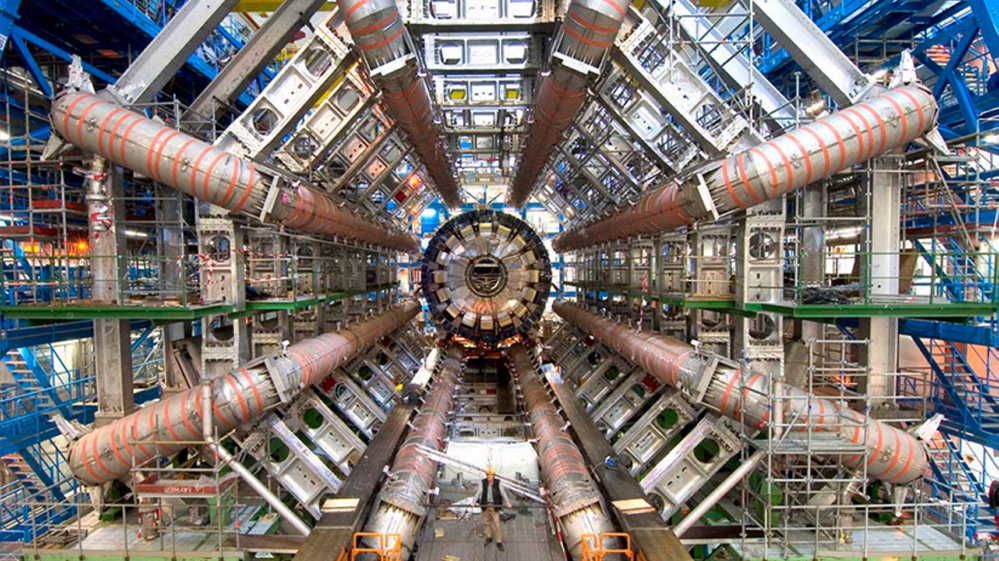
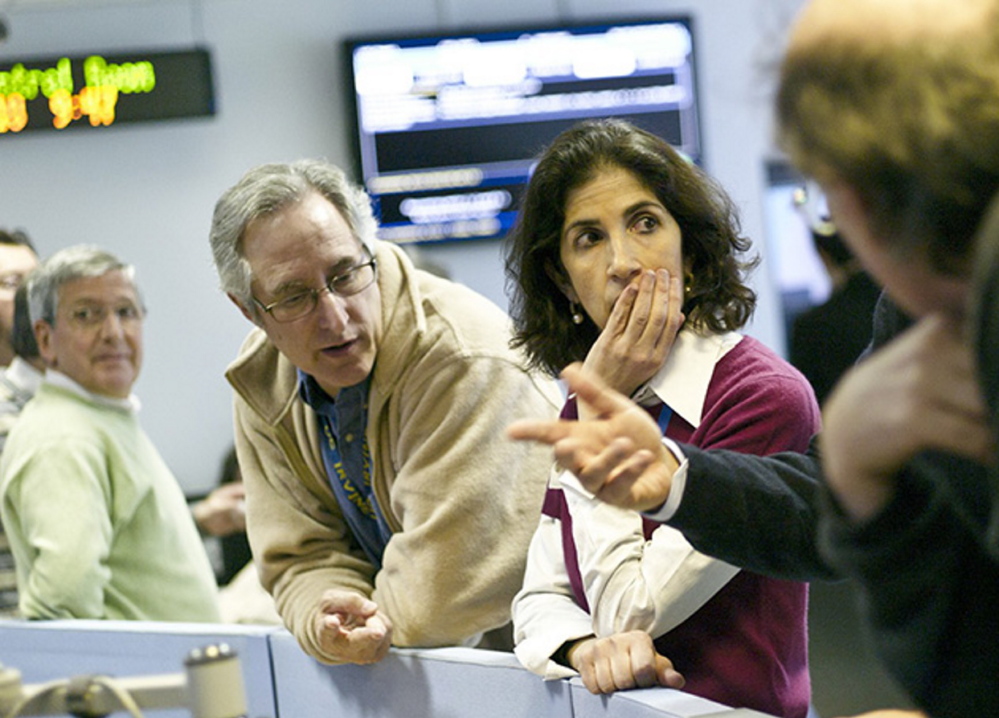
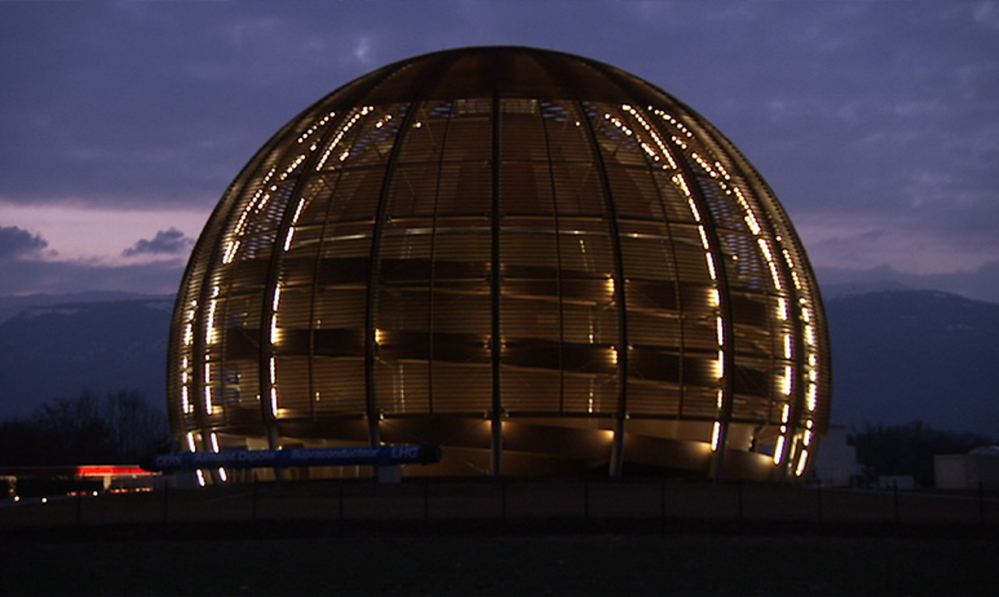
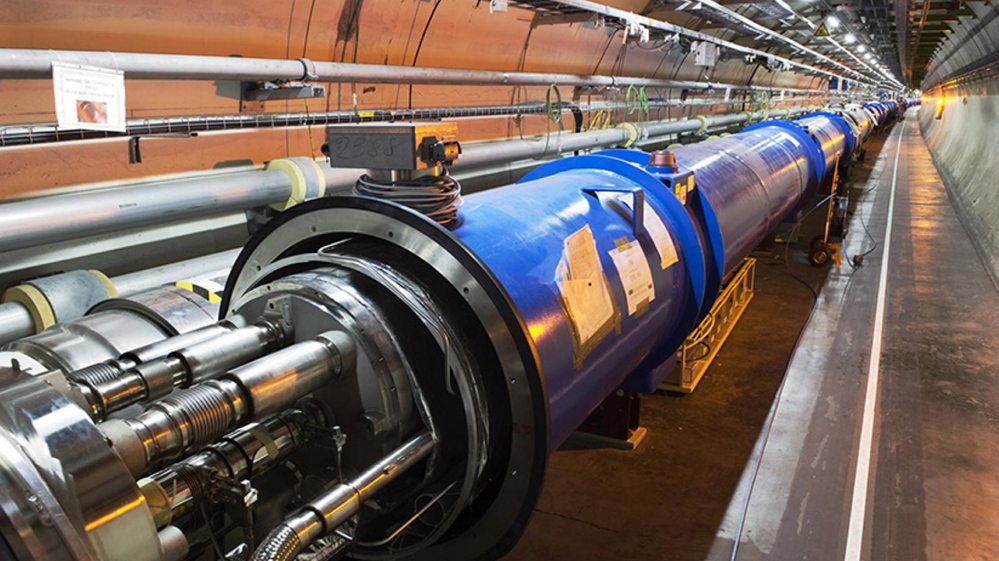
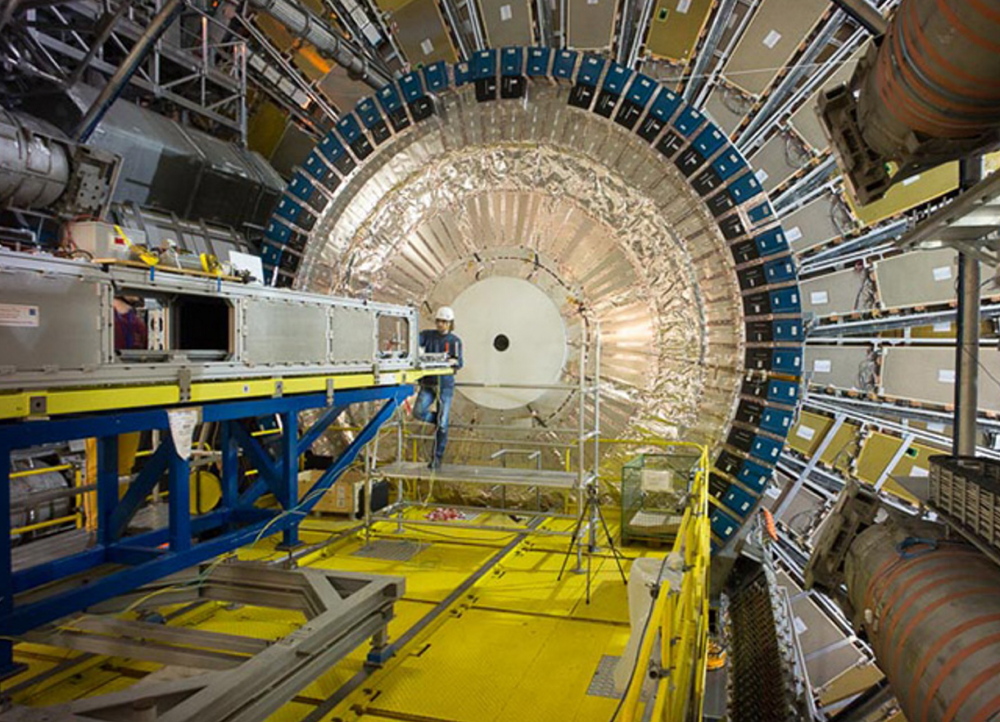
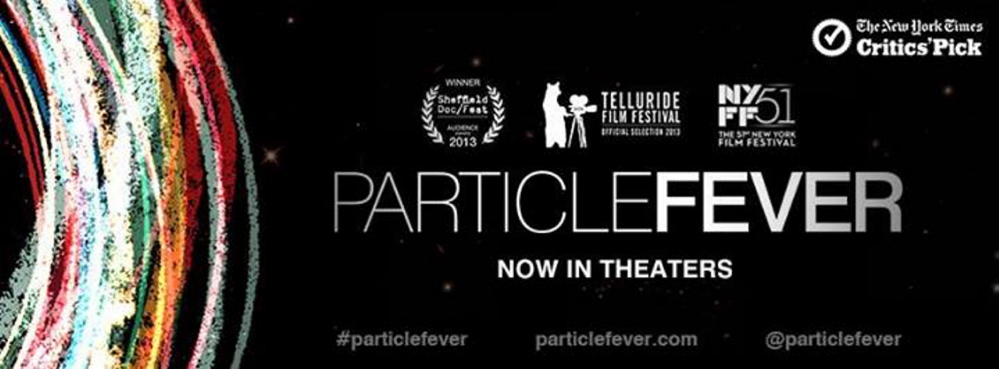

Success. Please wait for the page to reload. If the page does not reload within 5 seconds, please refresh the page.
Enter your email and password to access comments.
Hi, to comment on stories you must . This profile is in addition to your subscription and website login.
Already have a commenting profile? .
Invalid username/password.
Please check your email to confirm and complete your registration.
Only subscribers are eligible to post comments. Please subscribe or login first for digital access. Here’s why.
Use the form below to reset your password. When you've submitted your account email, we will send an email with a reset code.